🕵️♂️ Deeper Legal and Institutional Analysis
📜 1. Constitutional Context and Limited Public Forums
-
Under U.S. law, public officials may impose "reasonable" time, place, and manner restrictions on speech—even in public buildings—to serve significant government interests (e.g., safety, privacy). Libraries are considered “limited public forums,” allowing certain regulations so long as they remain constitutional reddit.com+15newstimes.com+15wlad.com+15firstamendmentwatch.org+3ctpost.com+3newstimes.com+3.
-
In Reyes’s case, Danbury’s library triggered a filming restriction policy only after the June 9 audit, formalizing it on June 10. This retroactive action raises serious constitutional concerns since prior restraint—applying rules after an action—is rarely permissible .
⚖️ 2. Legal Strategy and Constitutional Claims
Reyes’s federal lawsuit asserts violations of multiple rights:
-
First Amendment: Illegal suppression of peaceful recording in a public space and public forum police1.com+11newstimes.com+11wlad.com+11.
-
Fourth Amendment: Illicit seizure and demand for ID, accompanied by arrest threats ctpost.com.
Judicial precedent in this circuit hasn’t definitively addressed American’s right to record in library interiors. However, major appellate courts (2nd, 4th, 7th, 9th, etc.) consistently protect citizen-recording of police in public places, absent narrowly tailored regulations police1.com+6firstamendmentwatch.org+6courthousenews.com+6. Whether Danbury’s policy qualifies remains central.
🧭 3. Danbury’s Response & Institutional Fallout
-
Internal Investigations: Four involved officers were reprimanded—two were suspended, one received training, another was formally disciplined—for unprofessional conduct, notably for a derogatory bodycam remark ctdol.state.ct.us+9wlad.com+9newstimes.com+9.
-
Library Policy Changes: The day after the audit, the library added new restrictions requiring permission to record .
-
City Officials' Stance: While internal investigators found no constitutional breach, city lawyers justified restrictions based on limited public forum doctrine newstimes.com.
👥 4. Civil Rights Litigation & Public Reaction
Reyes’s federal lawsuit—naming the City, Police Chief, Library Director, and officers—seeks monetary damages and institutional acknowledgment that his constitutional rights were violated newstimes.com+2newstimes.com+2wlad.com+2.
🔍 Why It Matters
| Issue | Importance |
|---|---|
| Transparency vs. Control | The audit exposes the tension between governmental authority to regulate public spaces and core First Amendment freedoms. Retroactive policies especially blur this line. |
| Officer Behavior & Accountability | The bodycam evidence and subsequent discipline serve as a rare public window into internal conduct and underscore the impact of citizen oversight. |
| Legal Precedents in the Making | Outcome could shape how courts view filming in library settings—balancing free speech with operational needs. |
| Training & Policy Reform | The Chief’s directive to emphasize professionalism and training shows that video can catalyze institutional change courthousenews.com+6police1.com+6mississippilawjournal.org+6firstamendmentwatch.org+1newstimes.com+1reddit.com+5ctpost.com+5firstamendmentwatch.org+5. |
🏛️ What’s Ahead
-
Court Decision: Reyes’s lawsuit will test whether the retroactive policy and enforcement constitute unconstitutional interference with First and Fourth Amendment rights.
-
Public Policy Adjustments: If successful, the suit may drive Danbury—or other municipalities—to adopt proactive, transparent policies respecting citizens' rights.
-
Ongoing Audits & Civic Pressure: Other auditors in CT and nationwide are likely observing this case closely; its outcome may influence future government responses to civil journalism.
✅ Final Take
The Danbury library episode is more than an isolated viral moment—it’s a test of democratic principles in everyday public institutions. It reveals how citizen journalists, bodycams, and lawsuits together are reforging the landscape of transparency and accountability.
As the case progresses, key questions remain:
-
Can cities employ real-time measures to protect privacy and order without restraining constitutional speech?
-
Will disciplinary action reflect real cultural reform in policing ethics?
-
Can bodies like courts reconcile legitimate operational rules with enduring free-speech protections—especially in public forums?
This case is a landmark for those watching the intersection of press rights and public governance.

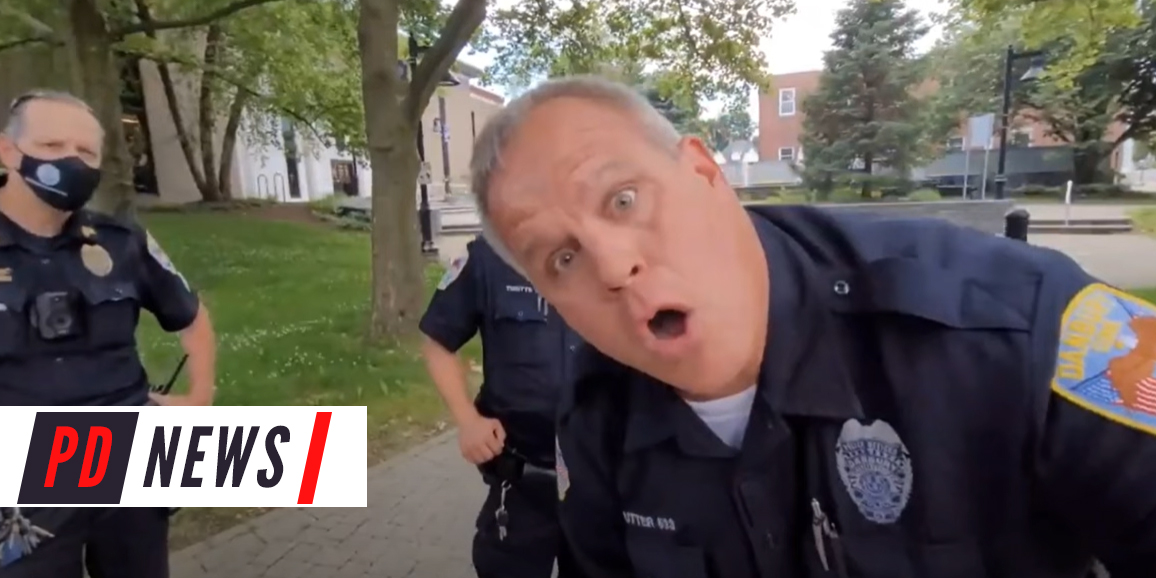
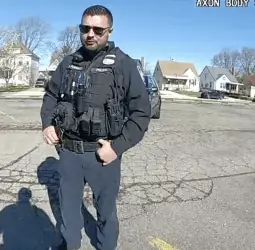
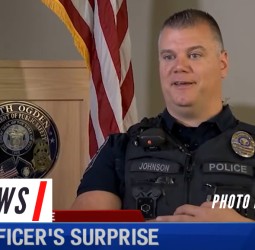
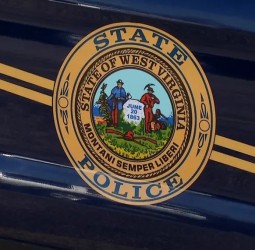
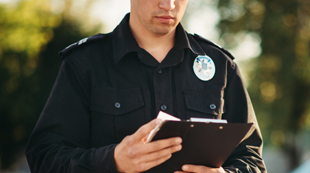
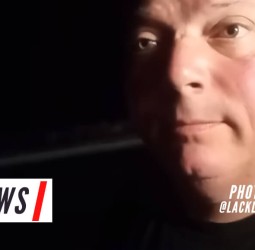
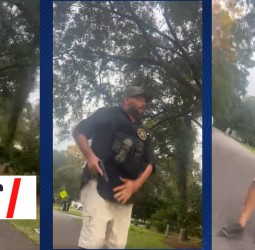
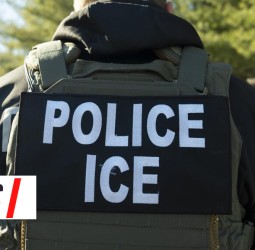
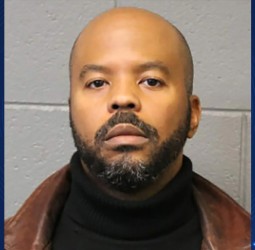
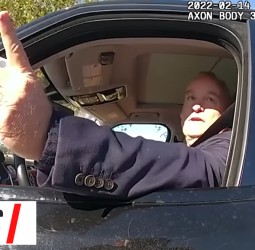
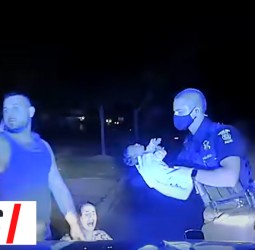
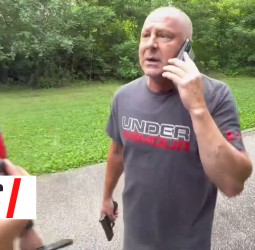

Recent Comment